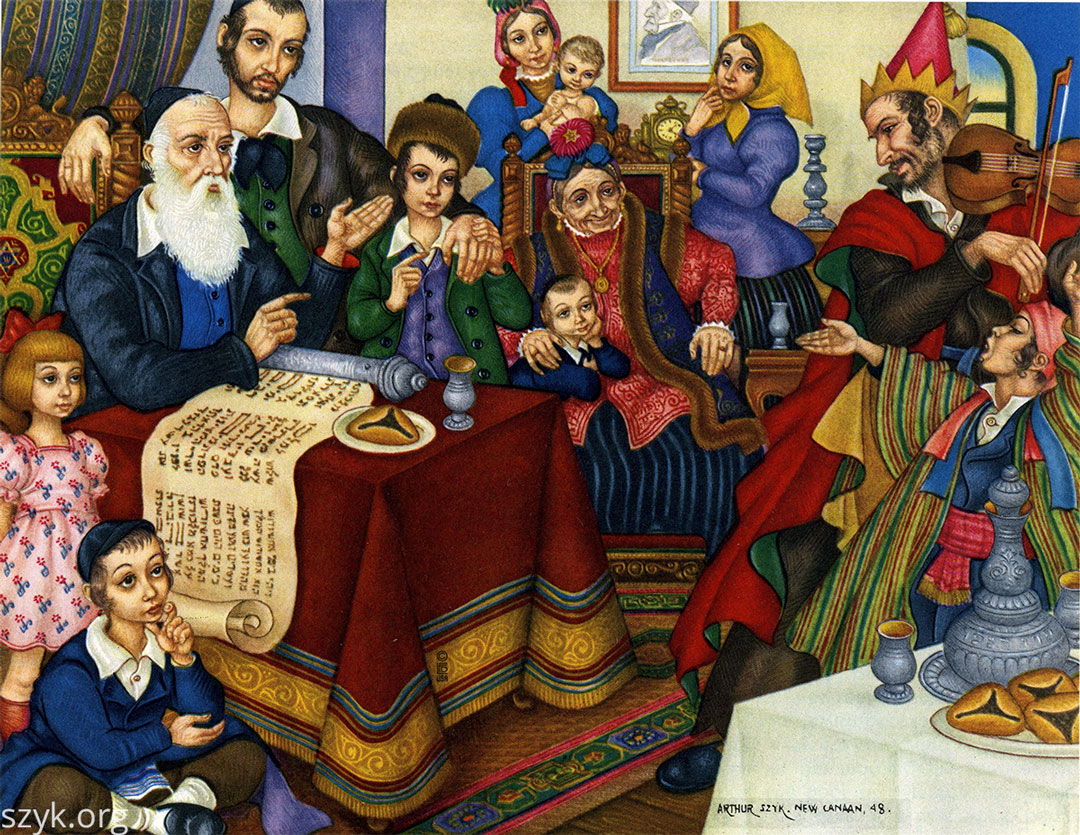Et kultisk fletværk af fester og fejringer af stat, kirke og familie
Nøgleord:
Dansk kultur, civil religion, familiekult, fest, Émile Durkheim, Norbert Elias, kollektiv bevidsthedResumé
ENGLISH ABSTRACT: Throughout the past forty years, the concept of religion has been criticized at regular intervals without having led to the development of actual analytical alternatives. In what follows, I will not repeat the criticism of the concept of religion. Instead, I will develop an alternative analytical approach to a description of a significant part of what we usually call religion in Denmark. The first aim of the article is to provide an overview of the most important Danish feasts and celebrations. The second aim is to argue that there is a culturally and historically determined pattern in the typical and recurrent Danish feasts and celebrations. This second argument will be based on the description of the social group of Émile Durkheim, Norbert Elias and John Searle. The analytical strategy of the article is to depart from the simple observation of who it is that is responsible for the feast and celebration. The result of this analytical strategy is that there are celebrations that are the responsibility of state, church and family, which corresponds to a state-, church- and family-cult. Based on the analysis, the article continues to argue that Danish feasts and celebrations are interwoven. Several of the celebrations support each other. The article therefore argues that there is a system of celebrations in which family celebrations, or the family cult plays a crucial but overlooked role, simply because family celebrations fall outside usual definitions of religion.
DANSK RESUMÉ: Gennem de sidste fyrre år er religionsbegrebet med blevet kritiseret med jævne mellemrum, uden at det har ført til egentlige analytiske alternativer. I det følgende vil jeg ikke gentage kritikken af religionsbegrebet. For at tilvejebringe et egentligt analytisk alternativ, vil jeg i stedet eksperimentere med en ny beskrivelse af en væsentlig del af det, vi normalt kalder religion i Danmark. Artiklens teoretiske grundlag er Émile Durkheim, Norbert Elias og John Searles tanker om sociale grupper. Resultatet af artiklens analytiske eksperiment er, at der er fejringer, som er statens, kirkens og familiens ansvar, og at disse fejringer derfor kan forstås som en stats-, kirke- og familiekult. I forlængelse af denne analyse argumenterer artiklen for, at danske højtider og fester udgør en sammenhængene fletværk eller ligefrem et system, da flere af festlighederne støtter hinanden. I dette fletværk af fester er det familiefesterne, eller familiekulten som spiller en afgørende, men overset rolle, formodentlig fordi familiefester falder uden for de sædvanlige definitioner af religion.
Downloads
Publiceret
Versioner
- 2025-05-02 (4)
- 2025-05-02 (3)
- 2025-05-02 (2)
- 2024-06-15 (1)
Citation/Eksport
Nummer
Sektion
Licens
Copyright (c) 2024 Forfatter(ne)

Dette værk er under følgende licens Creative Commons Navngivelse (by).
Alt publiceret materiale i RvT fra og med nr. 75 (2023) er underlagt en CC BY 4.0 licens, og forfatteren har ophavsretten dertil.
Forfatteren og RvT deler ophavsretten til materiale publiceret inden nr. 75





